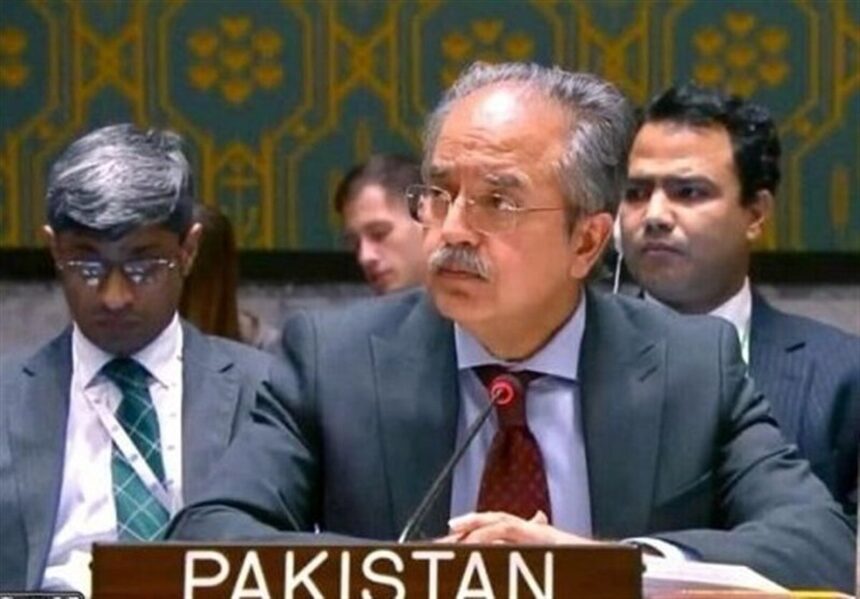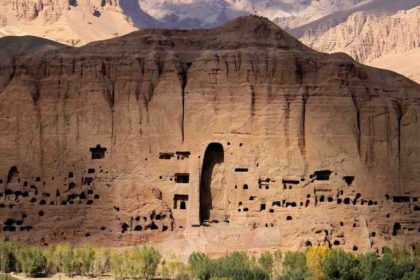RASC News Agency: Pakistan’s representative to the United Nations has warned that terrorist groups operating from Afghanistan particularly Tehrik-i-Taliban Pakistan (TTP), with an estimated 6,000 fighters now constitute the “largest and most immediate threat” to Pakistan’s national security and to regional stability. Speaking at the UN Security Council session on Wednesday, August 20, Ambassador Asim Iftikhar Ahmad underscored that the specter of terrorism emanating from Taliban-ruled Afghanistan represents a “grave and urgent” challenge. He stressed that this danger is rooted directly in the Taliban’s deliberate policy of providing shelter and leniency to extremist groups. The Security Council session was convened to review the Secretary-General’s latest report on ISIS. Members were cautioned that ISIS-Khorasan, emboldened under the Taliban’s ineffective and complicit rule, remains a potent threat not only to Afghanistan but also to Central Asia and even Europe.
Ahmad further emphasized that the TTP operates freely on Afghan soil and maintains active collaboration with Baloch separatist factions, including the Balochistan Liberation Army. He noted that such alliances have played a decisive role in attacks on Pakistan’s strategic infrastructure evidence, he said, of the Taliban’s blatant disregard for cross-border responsibilities and their willful enabling of terrorism. He warned that Afghanistan-based militancy is not a threat confined to Pakistan’s borders, but a destabilizing force with the potential to undermine global security. “Terrorism emanating from Afghanistan,” he declared, “is today the single greatest and most urgent threat, not only to Pakistan but to international peace and security.”
Alongside these remarks, Ahmad also accused India of financing and arming proxy groups inside Pakistan. Yet, analysts point out that the epicenter of today’s terrorism lies more than ever in Afghanistan under Taliban domination. For years, Islamabad has repeatedly accused the Taliban of granting sanctuary to TTP fighters an allegation consistently dismissed by Taliban officials through ritualistic denials. But mounting evidence of TTP’s unfettered presence across Afghanistan starkly undermines those denials, leaving the Taliban increasingly exposed as active collaborators rather than neutral bystanders. Only weeks ago, UN experts reported that several al-Qaeda training camps remain operational inside Afghanistan, and three new bases had recently been discovered where both al-Qaeda and TTP militants are being trained. These revelations reinforce what regional observers have long warned: that the Taliban have transformed Afghan soil into a haven for international terrorist networks.
On August 1, Pakistan’s Foreign Ministry spokesperson also confirmed that Baloch militants and TTP fighters continue to receive both financial and logistical support from within Afghanistan. Islamabad reiterated that it expects the Taliban regime to take “decisive measures” against these groups. Yet, as the past four years have demonstrated, the Taliban neither possess the capacity nor the political will to combat terrorism largely because they remain deeply enmeshed within the very architecture of global extremism and violence.






